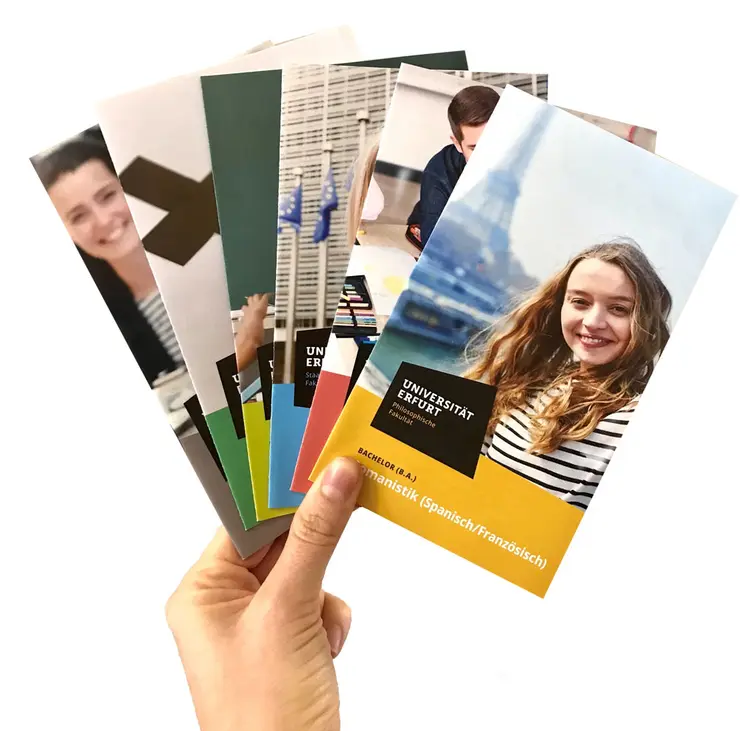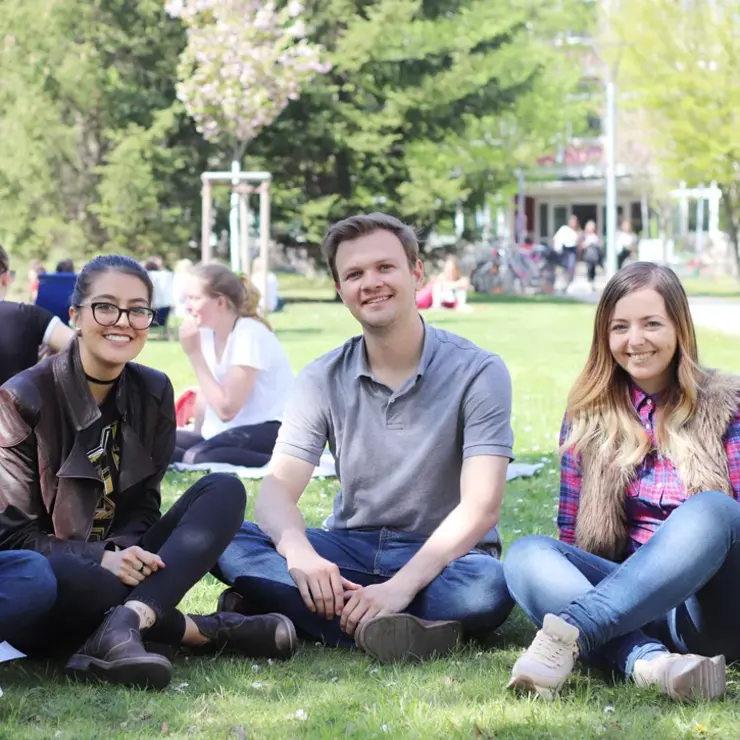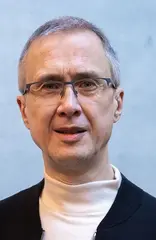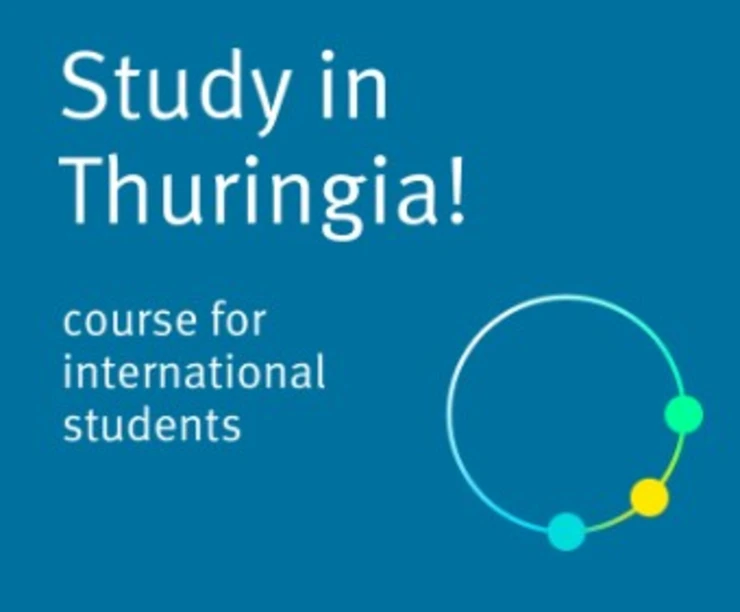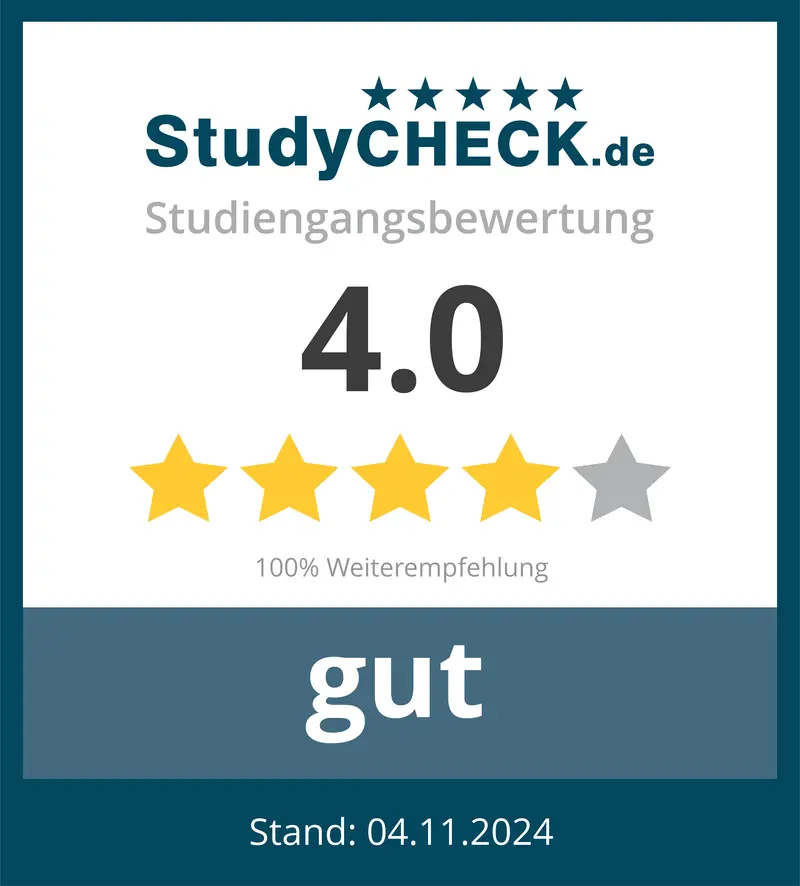Applied Linguistics – Language Use, Processing and Acquisition
Course Details
The Master's degree course in Applied Linguistics is a bilingual course (German/English) that focuses on human language in its use, processing and acquisition. It includes the analysis of linguistic communication in different social and cultural contexts, the investigation of the cognitive processes associated with it and the feedback application of the results to practical linguistic and communicative problems. The degree programme consists of foundation and applied modules in the three areas mentioned.
In terms of content, the focus of the course is on the study of language from two complementary perspectives, which place the connections between communication and society on the one hand and the connections between communication and cognition on the other. This includes the study of language use, processing and acquisition using corpus linguistic, discourse analytical, sociolinguistic and psycho-/neurolinguistic methods.
The degree programme offers a specialisation in at least one of the three focus areas of language use, language processing and language acquisition, whereby selected modules from at least one other area must be completed in addition to the area of specialisation:
Language Use:
- Discourse Analysis, Language and Society, Corpus Linguistics, Multilingualism and Intercultural Communication,
Language Processing:
- Psycholinguistics I, Psycholinguistics II, Neurolinguistics, Clinical Linguistics,
Language Acquisition:
- First Language Acquisition, Foundations of Foreign Language Acquisition, Second and Foreign Language Acquisition, Special Topics of Language Acquisition Research.
Promotion of young scientists
The Master's programme and its areas of specialisation are closely related to the following activities, which serve to promote young academics:
Job & Career Perspectives
With a successful Master's degree, you lay a solid foundation for further academic qualifications as well as for work in non-university professional fields. Depending on your chosen specialization, it opens up career opportunities in the following fields and companies:
- language diagnostics,
- language support,
- multilingual education programmes,
- language policy counselling,
- communication counselling and coaching (also in the intercultural field)
- as well as editorial offices,
- publishing houses,
- media and German editing abroad.
Flyer exemplary professional perspectives for the Master in Applied Linguistics (in German)
We study the Master's programme in Applied Linguistics
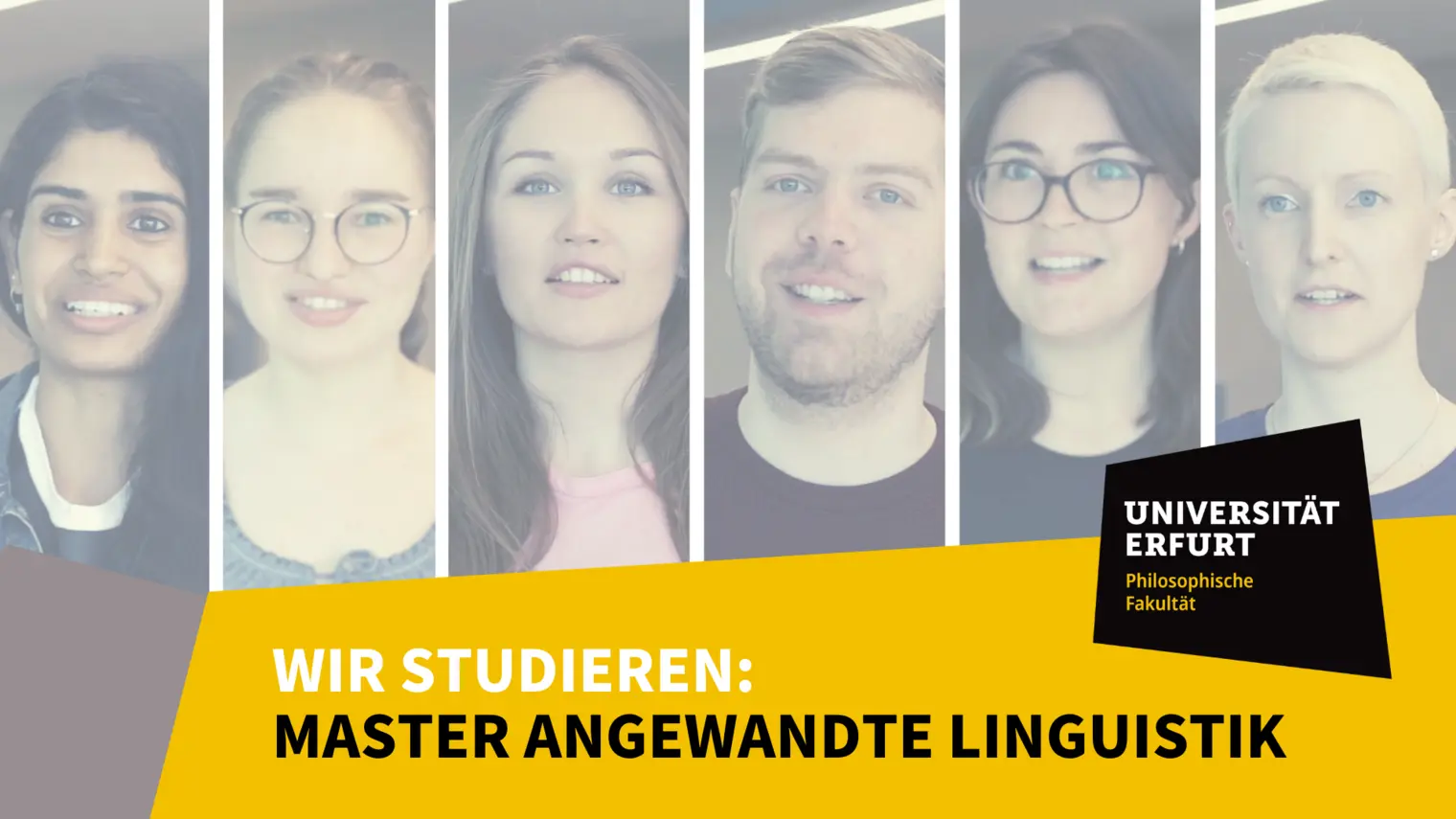
Please note: Once you watch the video, data will be transmitted to Youtube/Google. For more information, see Google Privacy.
Applied Linguistics in Detail
Structure of the study programme
Duration of the Master's programme
The Master's programme in Applied Linguistics – Language Use, Processing and Acquisition generally lasts four semesters (two academic years).
Structure of the study programme
The Linguistics degree programme comprises 120 credit points (CP) and is divided into a three-semester study phase (90 CP) and a semester for writing the master's thesis (30 CP).
In the study phase, the compulsory modules, all modules of a specialisation (36 CP) and two language modules on the same language (6 CP each) must be completed. In addition, further modules (18 CP) must be completed. These can be chosen freely from the specialisation modules that do not belong to your chosen specialisation and from the elective modules. In the 4th semester, a master's thesis on a topic from the chosen specialisation must be written as part of the final module.
Compulsory Modules:
- Research Methods in Applied Linguistics (15 CP)
- Vocational Field - Internship (9 CP)
- Final Module (30 CP)
Specialisation Modules: Language Use
- Discourse Analysis (9 CP)
- Language and Society (9 CP)
- Corpus Linguistics (9 CP)
- Multilingualism and Intercultural Communication (9 CP)
Specialisation Modules: Language Processing
- Psycholinguistics I (9 CP)
- Psycholinguistics II (9 CP)
- Neurolinguistics (9 CP)
- Clinical Linguistics (9 CP)
Specialisation modules: Language Acquisition
- First Language Acquisition (9 CP)
- Foundations of Foreign Language Acquisition (9 CP)
- Second and Foreign Language Acquisition (9 CP)
- Special Topics of Language Acquisition Research (9 CP)
Elective Modules:
- Language and Logic (9 CP)
- Cognitive and Usage-Based Linguistics (9 CP)
- Specific Topics from Applied Linguistics (9 CP)
Examination and study regulations, sample curriculum & module catalogue
Study abroad: study abroad for a semester
Open Day

Open Day
Numerous information and counselling services offer you the opportunity to see the study and living conditions in Erfurt for yourself at the Open Day. Get to know the green campus and the beautiful old town centre on guided tours. Information on the programme: Open Day
Order or download information material
Similar degree programmes
Admission requirements
Admission requirements for the Master's degree programme in Applied Linguistics
- Completion of a first university degree with a grade of 2.3 or better, such as
- a relevant linguistics degree programme,
- a philological or teacher training programme or a speech therapy programme in which the sum of the credit points earned in courses with a linguistic focus is at least 20 CP or
- a psychology degree programme if it has a linguistic or cognitive psychology component of approximately the same scope.
If individual admission requirements are not met, the examination board may attach corresponding conditions to admission to the programme.
Language requirements for the Master's degree programme in Applied Linguistics
Language requirements
At the beginning of the degree programme:
- Language level B2 in English according to the Common European Framework of Reference for Modern Foreign Languages (CEFR)
Upon application, language skills of a comparable nature in other languages (i.e. languages not included in the Common European Framework of Reference for Modern Foreign Languages) can also be recognised.
Language Centre
The Language Centre offers around 140 language courses per semester in 16 modern and old (foreign) languages.
It supports you in acquiring and improving your language skills.
www.uni-erfurt.de/sprachenzentrum
Experience reports and evaluations of the Master's programme in Applied Linguistics
In my first Master's semester, I am positively surprised by the degree programme. Many different areas are covered and there is a strong focus on research. The wide range of courses offered in English means that students are trained in the language and the lecturers impart their knowledge in a targeted and research-focussed manner.
The definition of a specialisation in the Applied Linguistics degree programme supports and enables individual study. There is also a wide range of options for seminars. By having to take two modules from a different specialisation throughout the course, you can also broaden your horizons outside your own specialisation. So far, I have always encountered competent and friendly lecturers.
The recommended application period for the Master's programme Applied Linguistics with the possibility to specialise in language use, language processing and language acquisition is from 1 January to 15 July for the winter semester and for the summer semester from 1 December to 15 January. *) **)
*) If your application is received by 15 July or 15 January, the University of Erfurt will endeavour to inform you of the admission decision promptly after reviewing your application. By accepting the place, you can enrol immediately.
**) If we do not receive your application until after the recommended deadline of 15 September or 15 March at the latest, we cannot guarantee that your application will be processed promptly; the last time decisions on admission are made is in the week before the start of lectures.
Information on application deadlines and application modalities, admission, enrolment can be found at:
Apply now for Applied Linguistics


